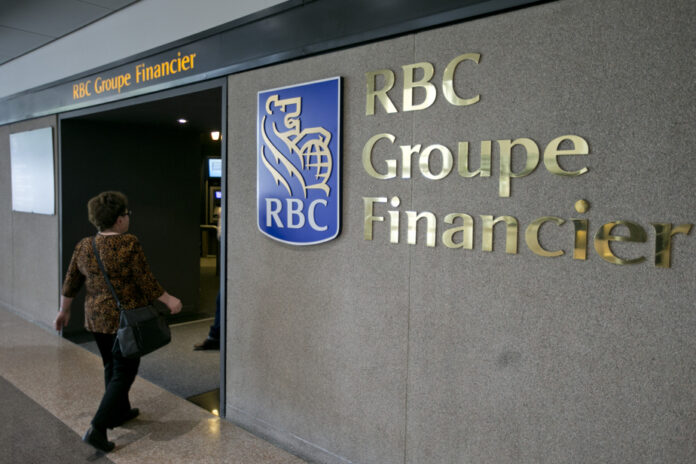(Ottawa) Canada’s financial intelligence agency has imposed a $7.4 million “administrative monetary penalty” on the Royal Bank of Canada for failing to comply with anti-money laundering measures.
The Financial Transactions and Reports Analysis Center of Canada (FINTRAC) says violations alleged against Royal Bank of Canada include failure to submit “suspicious transaction” reports when there were reasonable grounds to suspect links to a money laundering offence.
The agency attempts to identify money linked to illicit activities by electronically sifting through millions of pieces of information each year from financial institutions, insurance companies, money services businesses and other actors. like casinos and real estate brokers. FINTRAC then discloses information about suspected cases to the police and other law enforcement agencies.
The $7,475,000 penalty announced Tuesday against the Royal Bank is the largest ever imposed by FINTRAC. The federal agency says the penalty was imposed early last month after violations were found during a 2022 compliance review.
Of the 130 files examined, the Royal Bank failed to submit 16 reports of “suspicious transactions” when there were reasonable grounds to suspect that these transactions were linked to an attempted or actual money laundering offense or financing of terrorism.
These include cases where the bank received production orders against customers but failed to transmit or return the documents for the purpose of determining whether a suspicious transaction report should be filed. submitted to FINTRAC.
In cases related to fraud, transaction reports were not sent to FINTRAC despite the presence of indicators supporting reasonable grounds to suspect the commission of an offense.
The agency also found that Royal Bank failed to provide information in the prescribed form in suspicious transaction reports and failed to maintain its written policies and procedures. The review concluded that prior to May 2021, the bank did not file separate reports for different branches.
A review of suspicious transaction reports submitted over a two-month period showed that 29 of the 34 reports included transactions for multiple locations that were not separately specified, contrary to guidance issued by FINTRAC.
In a statement on Tuesday, Royal Bank spokeswoman Gillian McArdle said the bank had chosen not to appeal the sanction, but believed it was “not at all proportionate” to a administrative case which has no connection with money laundering or terrorist financing offences.
“We adhere to the highest standards in our suspicious activity reporting process and have quickly taken action to close the gaps,” McArdle said. “Equally important, there is no finding that anyone exercised judgment in bad faith or knowingly contributed to any violations. »
FINTRAC Director Sarah Paquet said in a statement that the agency would continue to work with businesses to help them understand and comply with their obligations under the law. “On the other hand, we will firmly ensure that businesses continue to do their part and that we will take appropriate measures if necessary,” continued Ms. Paquet.
In a recent speech, she already highlighted that certain financial players were falling behind in their legal obligations.
FINTRAC clarified Tuesday that “administrative monetary penalties” are intended to encourage change in business behavior, not punish them. During the 2022-2023 fiscal year, FINTRAC issued six notices of non-compliance to businesses and imposed a total of $1,113,569 in penalties. FINTRAC has imposed more than 125 sanctions in various sectors since it received legislative authority to do so 15 years ago.















